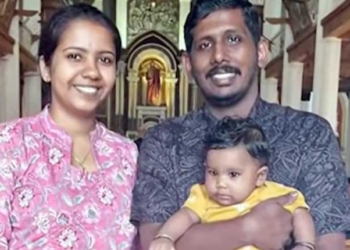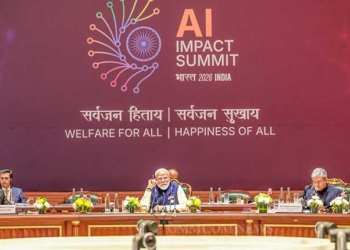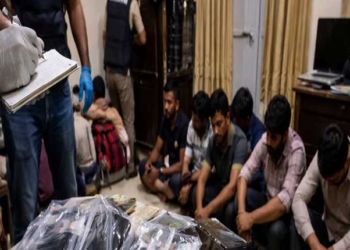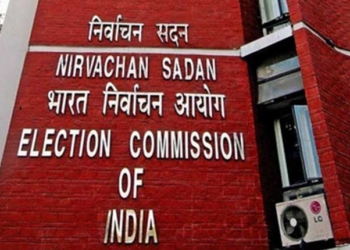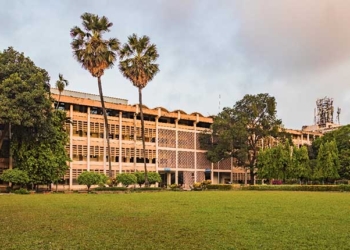New Delhi: The Supreme Court on Wednesday said that all High Courts across the country should consider framing rules to regulate the appearance of government officials in courts after taking into account the SOP (Standard Operating Procedure) laid down by the apex court.
A bench presided over by CJI D.Y. Chandrachud said that the SOP aims to serve as a guiding framework to steer away courts from arbitrary and frequent summoning of government officials.
“If the issue can be addressed through affidavits and other documents, physical presence may not be necessary and should not be directed as a routine measure,” read the SOP laid down by the bench, also comprising J.B. Pardiwala and Manoj Misra.
The top court said that in exceptional cases where the in-person appearance of the official is called for, the court should allow as a first option the officer to appear before it through video-conferencing (VC).
It said that the summoning court should record the reason as to why the personal presence of an official is required and should to the extent possible designate a specific time slot.
“During the course of proceedings, oral remarks with the potential to humiliate the official should be avoided,” said the apex court, adding that the summoning court must refrain from commenting on the physical appearance, educational background or the social standing of the official appearing before it.
It added: “The invitation link for VC appearance must be sent by the registry of the court to the given mobile number and email ID of the concerned official by SMS, WhatsApp, email at least one day before the scheduled hearing.”
Earlier, Solicitor General Tushar Mehta had requested the top court to lay down “some guidelines” relating to summoning of government officials in contempt or other court proceedings after two officials from Uttar Pradesh were taken into custody for non-compliance of an order of the Allahabad High Court but were later released on directions of the Supreme Court.
Mehta — the second highest law officer of the Union government — had submitted a draft SOP saying that personal presence of government officials in courts should only be called for in exceptional cases and not as a matter of routine.
In August last year, the Supreme Court had reserved its judgment saying that in pending cases, where an affidavit filed by an official may serve the purpose must be distinguished with cases of non-compliance of final judgements, where the presence of government officials concerned may be necessary.
(IANS)




